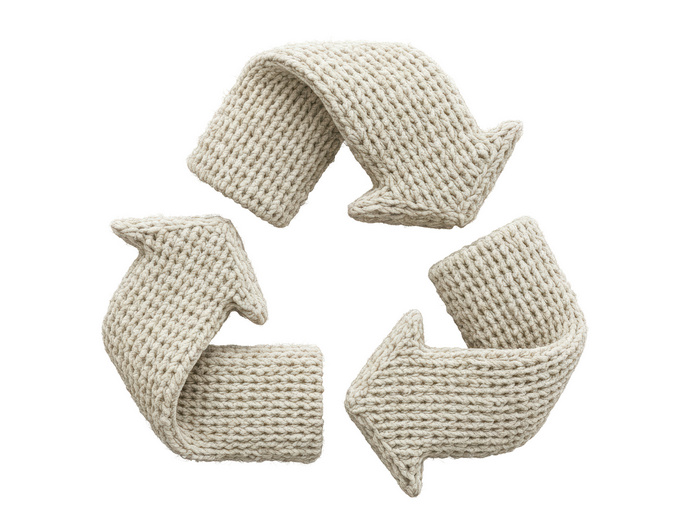Improving functionally graded materials
Materials science has advanced greatly over the past century. Breakthrough materials have been designed to withstand even the inhospitable environment of outer space. New challenges await this rapidly growing industry, both in aerospace and other application areas. Functionally graded materials (FGMs) are a relatively new trend in materials science. FGMs are sophisticated composite materials in which the composition and structure change gradually over volume. This results in corresponding changes in material properties. The most common FGMs combine the toughness and machinability of metal with the heat, wear and oxidation resistance of ceramics. A large-scale RTD project funded by the BRITE/EURAM 3 Programme sought to advance the state-of-the-art in FGM creation in Europe. The project explored the technique of electrophoretic deposition (EPD). Two new processes were developed that overcome the traditional difficulties associated with cracking (during both drying and heating), delamination and weakness (porosity). An innovative technique for depositing material on the inner surface of an outer electrode was established. An important aspect of this result is that the inner hole left by the current industry standard deposition process is avoided. Concurrently, a 3-D rigid positioning device was constructed for strict control of the material deposition. The team was able to produce defect-free sintered rods up to 50 millimetres in length. The second result involves the deposition of hardmetal powder onto green hardmetal rods by a new dipping process. By performing several dippings in rapid succession, the team was able to achieve deposition thicknesses four times greater than current methods can attain. The partners are looking to extend the research results to commercial level applications. The FGMs generated by these new processes offer great promise in applications exhibiting severe operating conditions. There is high demand for FGMs that can withstand high temperature and high friction environments that will help Europe lead the way in twenty-first century engineering.







